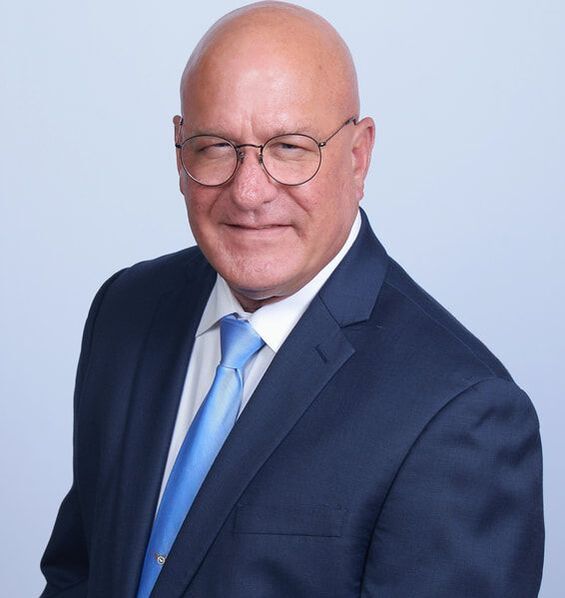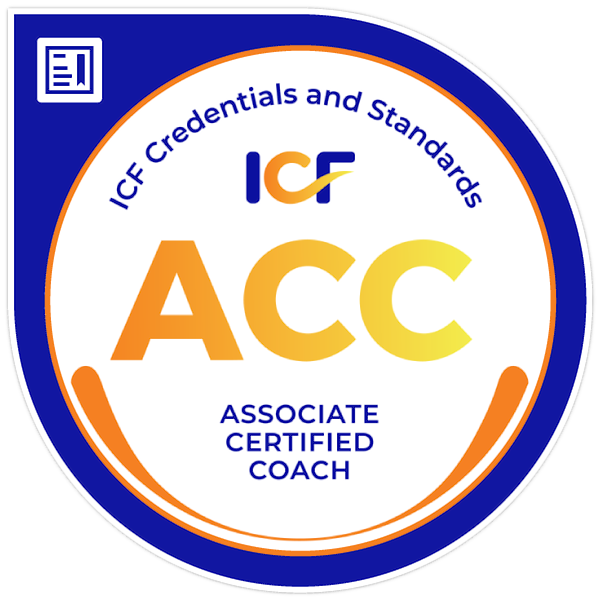When you blame others, you give up your power to change. DR. ROBERT ANTHONY Do you know what motivates others at work? Research from Duke University and George Mason University reveals that, although you might think you do; you probably don’t. What executives think At regular intervals over a forty year period, executives were asked to rank what they thought motivated their employees. They consistently got it wrong. Executives erroneously believed that external factors and incentives such as compensation, bonuses, job security, and promotions are what most motivated their employees. What employees think But employees say it is inherent factors, such as interesting work, being appreciated for making meaningful contributions, a feeling of being involved in decisions, and being part of something bigger (meaning and purpose at work) is what motivates them most. However, employees were no better off predicting what motivated their bosses and peers. They got it wrong, too; believing it is external factors that motivates others—especially superiors. The fact is, most executives report being the most motivated by autonomy, their inherent interest in their work, big challenges, and a sense of relatedness with colleagues. The self-serving bias & the extrinsic incentive bias In psychology we call these biases—particularly the self-serving bias and the extrinsic incentive bias. We give more credit to our internal or inherent motivations to ourselves than we do to others and think others are more externally motivated than they probably are. These biases between boss and employee can lead to suboptimal incentive, reward, and compensation programs. But more importantly, it erodes trust which makes working well together difficult. This doesn’t mean that money, promotions, and the like are not important. They are. Just much less than we think. Other research shows that as long as employees feel they are earning a fair wage, inherent factors begin to take over as motivators, or if not met, as a detriment. What to do about it When both leaders and employees reduce blame and finger-pointing by clarifying and then reversing erroneous beliefs and automatic negative thoughts (ANTs) about each other, we foster trust, engagement, and a better working environment—and we know that that leads to higher productivity, reduced turnover, higher customer satisfaction, and increased profits. And who doesn’t want that? Have an amazing journey today! Alan Mikolaj is a coach and leadership development consultant with 15+ years of experience. He is passionate about helping leaders transform their leadership, their teams, and their organizations. Impactful, professional approach driven by a passion for meaning and purpose, a growth mindset, and a commitment to excellence and service in order to drive change and results.
Alan maintains the ethics and standards of behavior established by the International Coaching Federation (ICF), including the standards regarding confidentiality. You can learn more about them on the ICF website.
0 Comments
Leave a Reply. |
Alan Mikolaj
Alan Mikolaj is a a professional, experienced, positive, and passionate speaker, leadership and organizational development consultant, change agent, author, and coach. He holds his Master of Arts degree in Clinical Psychology from Sam Houston State University. He is a certified graduate coach from Coaching Out of the Box and holds his ACC and membership with the International Coaching Federation (ICF). Free Discovery Conversation!
Impactful change starts with a conversation! Schedule your free, one-hour session by clicking here: Discovery Conversation with Alan
Or call or email: Contact Page In his third book, A Travel Guide to Leadership, Alan offers you simple, fundamental, and powerful lessons that have the power to transform you, your relationships, and your career.

Blog Archives
July 2024

Linked2Leadership
Ranked #1 Business Blog! |
|
CONTACT
TEL: 346-291-0216 EMAIL: [email protected] SCHEDULE TIME WITH ALAN Free Discovery Conversation with Alan |








